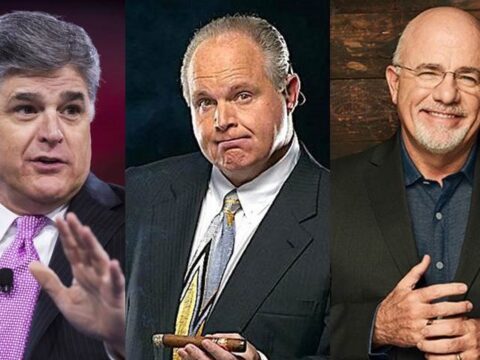- CALL US:
- (800) 969 2636
The Presidential Debates, Facebook, and Radio
Radio Advertising for Men Who Shop
October 1, 2012Internet Radio In Cars
October 9, 2012 Barack Obama. Mitt Romney. Efficient government. Small government. Pro-choice. Pro-life. Individual donors. Corporate donors. With the first presidential debate of 2012 airing last night, we started thinking about political campaigns. Let’s face it, we really couldn’t avoid thinking about the election in this age of 24/7 media coverage. But we wanted to look more closely at how campaigns have changed — with a focus on that media coverage, of course — and why some candidates win, and some don’t even have a chance.
Barack Obama. Mitt Romney. Efficient government. Small government. Pro-choice. Pro-life. Individual donors. Corporate donors. With the first presidential debate of 2012 airing last night, we started thinking about political campaigns. Let’s face it, we really couldn’t avoid thinking about the election in this age of 24/7 media coverage. But we wanted to look more closely at how campaigns have changed — with a focus on that media coverage, of course — and why some candidates win, and some don’t even have a chance.
This year, more than any other in history, has seen campaign operatives use more media channels and more direct one-to-one interaction to engage potential voters. With the extremely fast rise of social and mobile media, the operatives and the candidates realized that they would not have a chance of winning an election if they ignored the changes in how people gather and share information. They use more data analysis and more best practices specific to their mission because if they don’t, their candidate may not have another chance to win.
Buddy Media, a social media company owned by Salesforce, released a study called “Strategies for Effective Facebook Posts: A Timeline Analysis” that dove deep into what works in that one very specific area. And while they got very detailed, the report is a great example of something the campaigns probably already knew. Here’s one suggestion:
Keep it short. It’s all about brevity on Facebook. Posts with 80 characters or less receive 23% higher interaction than longer posts. Brands are not, however, creating posts at the optimum length, as more than 75% of all posts contain more than 80 characters, which negatively affects interaction.
If you were the marketing manager for your company and working on a social media campaign, would you be able to stay on top of a detail that is so specific but could also be critical to success? In the same respect, if you managed the traditional media campaigns for your company, would you know how to effectively and efficiently place radio, television, outdoor, and print? Here’s one suggestion:
Don’t run TV ads on radio. Many TV advertisers make the costly mistake of “lifting” an audio version of their TV commercial to run as their radio commercial. TV copy is written to complement TV’s images. In radio, you create images with words, sound effects and musical elements that must stand on their own without the benefit of visual cues. If your words can’t paint the picture, your listeners will see an empty canvas.
That’s just one tip from Mark Lipsky, the President and CEO of The Radio Agency and Radio Direct Response. If you’d like to learn more, discuss how to make radio profitable for your business, or get advice on placing traditional or digital media, please contact us. We’d love to talk!
Oh, and don’t forget to vote.
 Drew Kondylas is a Marketing Consultant at The Radio Agency. Please follow The Radio Agency’s Blog “Sounding Board” by subscribing to the email or RSS links above. Visit our website TheRadioAgency.com
Drew Kondylas is a Marketing Consultant at The Radio Agency. Please follow The Radio Agency’s Blog “Sounding Board” by subscribing to the email or RSS links above. Visit our website TheRadioAgency.com



